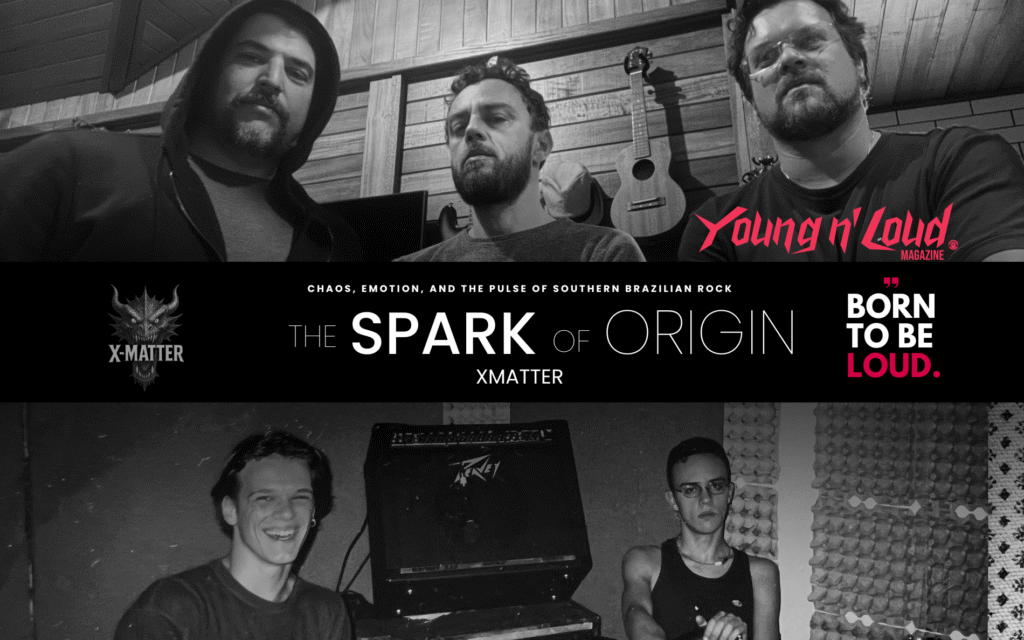Now Reading: Open Mic Advice for New Performers: How to Nail Your First Gig and Keep Coming Back
-
01
Open Mic Advice for New Performers: How to Nail Your First Gig and Keep Coming Back
Open Mic Advice for New Performers: How to Nail Your First Gig and Keep Coming Back

Article by Manuela Bittencourt – 08/05/2025
Performing at an open mic night is a rite of passage for many musicians, poets, comedians, and performers of all kinds. It’s often the first step toward gaining confidence in front of an audience and testing out new material in a live setting. Yet, walking up to the microphone for the first time can be nerve-wracking. If you’ve never done it before – or even if you have but want to improve – this guide will help you prepare, perform, and make the most of your open mic experience.
What is an Open Mic Night?
Open mic nights are events where performers from the community sign up to share their work on stage. The format is usually informal: sign up at the venue, wait your turn, then perform your set. These events often take place weekly or monthly in local coffee shops, bars, community centers, and small theaters. They’re open to everyone, from absolute beginners to seasoned performers.
Open mics provide a safe space to experiment with new songs, get comfortable in front of an audience, and meet other artists. Many successful musicians and comedians started by playing open mics.
How to Choose the Right Open Mic For You
Before your first performance, it’s important to find an open misc that fits your style and goals. Some open mics focus on music genres like folk, rock, or jazz, while others emphasize spoken word or comedy. Research venues online, read reviews, or ask other performers for recommendations. Attending a few open mic nights as a spectator first can help you understand the vibe, the level of talent, and the kind of crowd you’ll face.
Some open mics have strict time limits (often 5-10 minutes), while others allow longer sets. Make sure you know what to expect to tailor your material accordingly.
Preparing Your Material
Preparation is key to a smooth and confident performance. Choose 2-3 songs or pieces that showcase your strengths and fit the allotted time. Practice performing them until you feel comfortable, but avoid over-rehearsing to the point that your performance feels mechanical. Music is meant to be felt.
As a musician, make sure you bring your instrument, a tuner, and any accessories you need (like picks, cables, or a capo). Have a backup plan in case of technical difficulties or stage changes.
The Night of the Performance: Tips to Stay Calm and Confident
- Arrive Early: Get to the venue with plenty of time to sign up, find your spot, and familiarize yourself with the stage setup.
- Meet the Host and Other Performers: Introducing yourself helps build a support network and can calm your nerves.
- Soundcheck: If possible, test the mic and your instrument to avoid surprises.
- Warm up: Vocalists should do vocal exercises; instrumentalists should tune and run through warm-up riffs. Physical warm-ups like stretching or light movement can ease tension.
- Stay Positive: Remember that everyone at an open mic is there to support creativity. Mistakes happen — they’re part of the process.
Performing Your Set
When it’s your turn, take a deep breath and step on stage with confidence. Smile, introduce yourself briefly, and dive into your material. Make eye contact with the audience, and don’t be afraid to move naturally to the rhythm of your music.
If you mess up, keep going. Most of the time the audience won’t even notice. Audiences are forgiving – especially at open mics. Use any slip-ups as opportunities to show grace under pressure or add a bit of humor.
After your set, thank the host and audience. Stick around to support other performers – building community is one of the biggest benefits of open mics.
After the Performance: Reflect and Plan Your Next Step
Once the night is over, take a moment to reflect on what went well and what you want to improve. Did you feel comfortable? How did the audience respond? What did you learn about your stage presence or material?
Set a goal to return regularly. The more you perform, the easier it gets (trust me, I would know). Over time, you’ll build confidence, improve your skills, and possibly even connect with other musicians or bookers who can help your career.
Final Thoughts
Open mic nights are invaluable for growing as a performer – they’re low-stakes, supportive environments where you can develop your craft and meet like-minded artists. With preparation, positivity, and a willingness to learn, your first open mic can be your first step on an exciting artistic journey. So pick your material, find your local open mic, and get ready to take the stage!



























